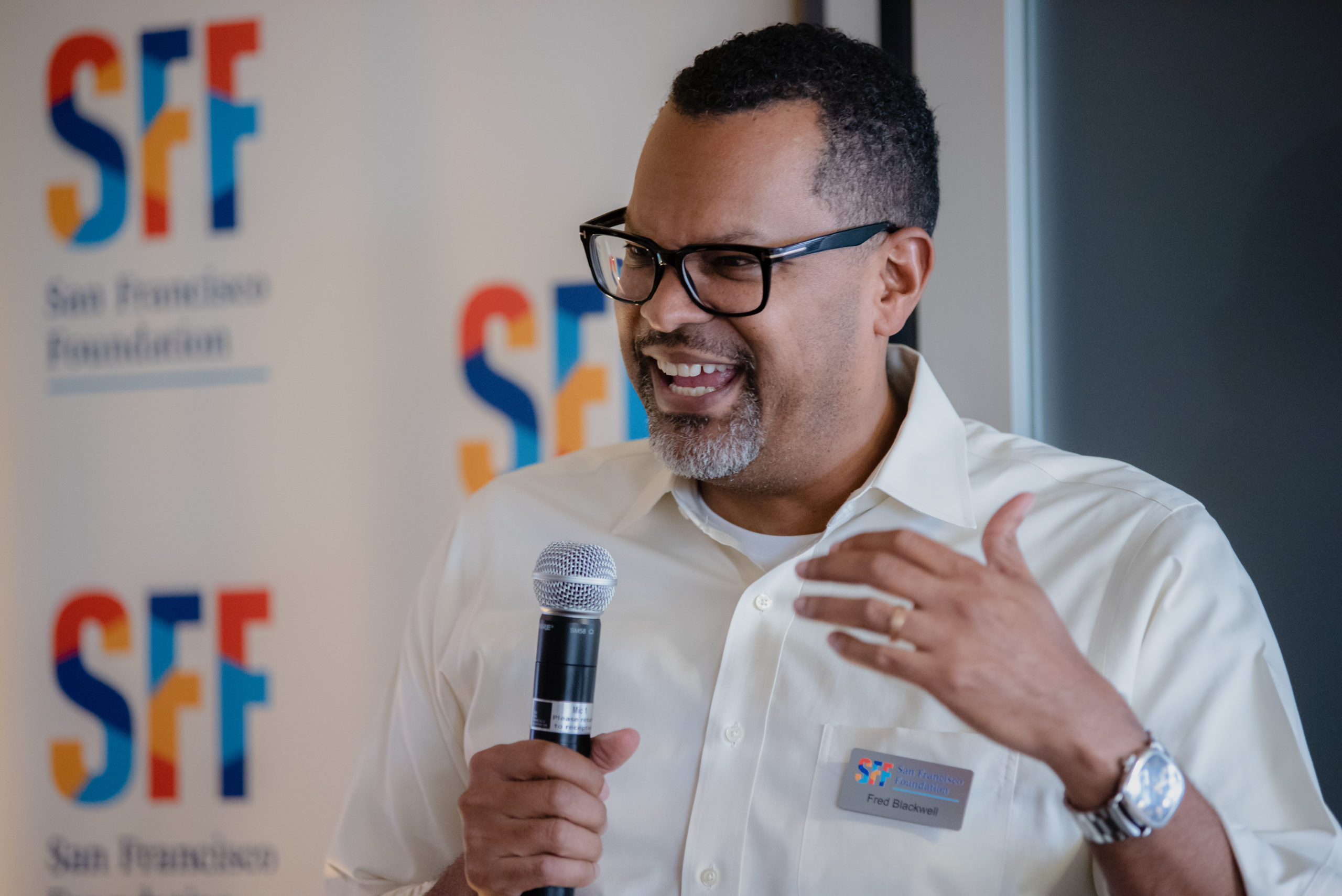We are at a moment of reckoning around race and power that could change our society forever. The question now is whether we will change for the better or for the worse.
On the one hand, there is much more public awareness of racial equity issues and how the country’s “original sins” of theft of Indigenous land and the enslavement of Black people led to – and still shape– the racism and inequality we see today. On the other hand, many in power have been emboldened to deny people the right to vote or to have their votes counted.
As Black, Brown, and white people march on our streets demanding systemic change in our legal system and in our police departments, we must understand that the murders of innocent Black men and women are not isolated events. They are symptoms of a much deeper and more troubling set of faltering institutions that make up our democracy. We must fight to ensure that every person is counted in the census and that every vote gets counted in an election because these rights have been promised to all of us but have never been truly guaranteed. So many of our institutions seem determined to undermine rather than to support democracy and racial equity, and yet many of us still work within these systems to achieve transformative change.
When the founders of this nation sought to create a “more perfect union,” it was with the understanding that the system they were building was very much an experiment. More than two centuries later, we are legitimately asking ourselves whether the experiment will survive the current attacks. Without a fully-functioning pluralistic democracy, nothing else will function – not a good health care system, nor a government that can address the challenge of climate change, and certainly not a functioning response to a global pandemic. Without racial justice, a fully functioning pluralistic democracy remains out of our reach.
It is far too convenient to blame the problem of our democracy on one person or political party. In fact, our shaky democratic institutions and culture of exclusion have led us to this moment. Indeed, it’s a wonder that our moment of reckoning took so long. Until now, many people frankly have had a limited view of what democracy really means. People have been content with a qualified democracy, not a fully informed, representative democracy. In our current system, decisions are made by a relative few – mostly white, mostly male, always well educated – on behalf of the rest of us. For so many residents of this country, their voice and experiences have simply not mattered.
Many decisions are made with some vague attempt to benefit people who are poorer or darker or less educated than the people who make them, but which do so without admitting the stain of racism or the suffering of seven generations of land grabs and genocide. These decisions are most certainly not made with the full partnership and endorsement of the people they are supposed to benefit.
For those of us who work in the field of philanthropy, there can be no more important goal than to ensure that our democratic institutions can lead us out of this horrifying moment. For starters, some philanthropists have acknowledged that they seek to give back to a society that allowed them to become very wealthy in the first place. We need to see a lot more of that – an understanding that our system of earning money and acquiring power is inherently unfair and that it benefits some at the expense of others.
Next, as more foundations declare their commitment to advancing racial equity, they need to put their money behind those statements. This includes supporting work to amplify the political and civic voices of communities that have been told that they don’t belong and who are proximate to the pain that our imperfect union has produced. These are communities that deserve the chance to make the decisions that most directly affect their lives.
Philanthropy needs to invest in the infrastructure that would enable these voices to matter. We need to become true partners with Black and Indigenous communities, communities of color, and communities of people earning lower incomes — many of whom are white. As hard as it may be, given the vast social and cultural divides that exist, we need to reach out and build trust with communities who are struggling to make ends meet because they have been denied the opportunity to get a good education or a good job, to live in a community that is safe and healthy, and to give their children a chance to have a better life than they had.
We need a fully functioning representative democracy that builds on the pluralistic values that the founders identified but failed to fully achieve. I truly believe that when we look back on this moment, we will acknowledge that what we did right now defined what our nation became.
This piece was originally published as a guest post by our CEO Fred Blackwell on the Stanford PACS website.


